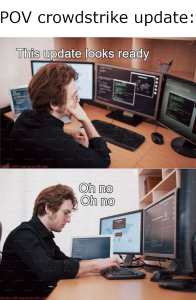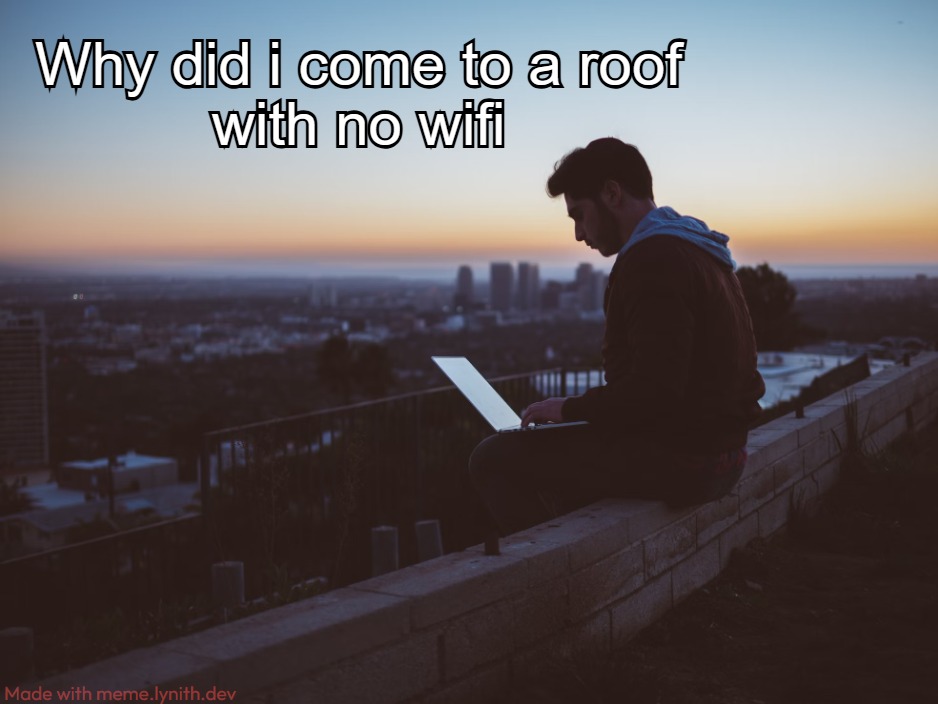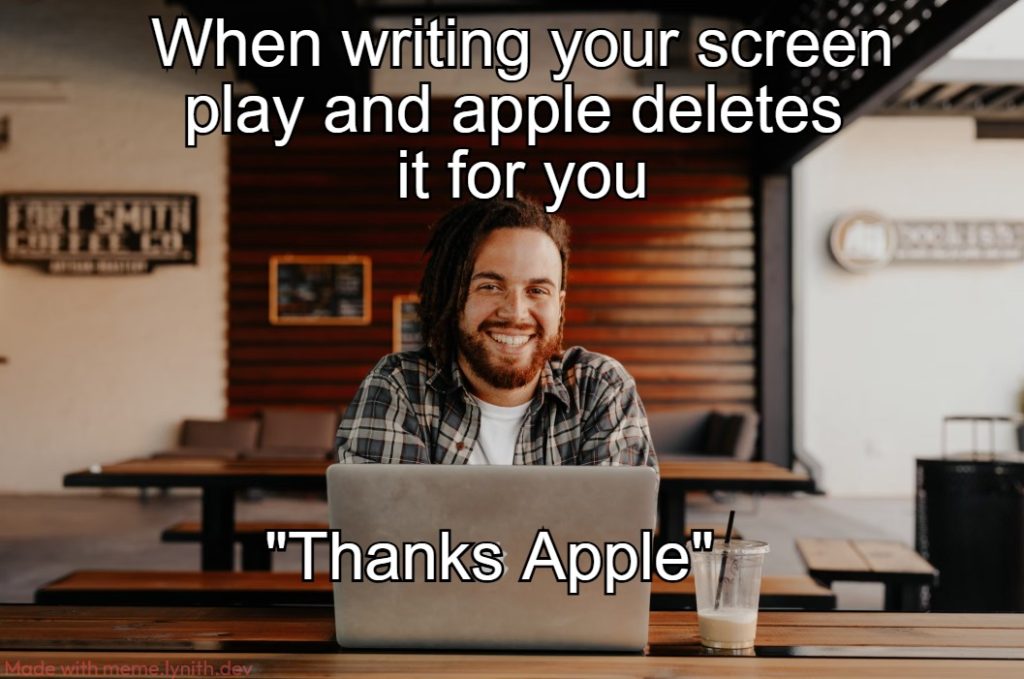Week 1
Regarding the area or areas where I would see the potential appeal of establishing a career in cyber security, I would say Cyberspace Effects and Intelligence. In cyberspace effects, target analysis would be the direction I would pursue. The appeal of target analysis would be the acquisition and delineation of information needed to get personnel in line to have a strategic advantage when required to reach a common goal.
Then, for the opposite side of intelligence, the cyber intelligence planning role becomes a managerial role to identify and advise on intelligence collection for potential targets. I would also be interested in and enjoy coordinating with multiple teams to implement common cyber actions. The least desired field I would get into would be an investigation regarding cybercrime. I will leave that to the lawyers to find the evidence and implement the broken law.
Week 2
Social structures in society have been a fundamental building block that made humanity move from individual tribes to huge, sprawling civilizations. These feats would not be possible without a social structure that binds everyone on similar levels of social contracts. These social structures that have been a part of humanity for thousands of years have also moved and shaped the new world we have curated cyberspace. With cyberspace becoming so engrained in our lives, equally strong security will have to be in place to protect people from those who see it fit to cause harm. Without proper protection, determinism could lead people to perform unsafe actions because a website told them. Or increase skepticism for the wrong reasons because a blogger sounds more credible than a scientist.
Week 3
As any analytical data goes the more the merrier. With the monitoring they’ve been doing since the mid 2000’s, it could lead to potential forecasts and solutions of data breaches or viruses that require user input to propagate. It would also be good for future researchers to use to see who or what made these data breaches so prevalent. Could it be that the way they got in was clever and groundbreaking? Or was it an employee that hadn’t gone through there cyber security training and was susceptible to these kinds of attacks. As the generations that have had technology and the internet their whole lives, shouldn’t they be less likely to fall for common tricks that were around since the beginning? I think in another 5-10 years we could have a clearer answer to these questions.
Week 4
Using the Maslow’s hierarchy in reference to my needs and where technology has nested itself would be dependent on how I am living my life at the time. For example, today I would place split it up depending on the aspect. Honestly, technology could be a separate section that encompasses from safety to self-actualization. I use a different form of technology at each level, talking to friends and loved ones, home security and cyber space, building new machines, and making multiple inputs talk and function independently. On the other side if my lifestyle was more independent and isolated, I would only use technology as a form of creature comfort to make the days a little bit easier.
Week 5
- Entertainment: Between 1 and 2. He did it for the sheer enjoyment of it, and he has done it in the past as well. However, he tried to capitalize on his achievement and sell the data.
- Political: Ranked 1; as it constituted the term hacktivism against government entities.
- Revenge: Ranked 2, this article primarily refers to the companies that host the websites where these acts are perpetrated. Companies are urged but not forced to help victims.
- Boredom: Ranked 7; the article goes over the active predation of children on the internet. Someone who is bored wouldn’t do that as it takes tremendous effort.
- Recognition: Ranked 4; the attack was more politically motivated but still in the national news for recognition.
- For money: Ranked 2: The article discusses how cyber criminals spend the money they earn from selling goods and services.
- Multiple reasons: Ranked 1: The article itself is a summary from a research study of active cyber criminals that their motives were driven by socioeconomic factors, technical skill, and psychological drivers such as revenge and ego. (par. 3)
Week 6
Fake websites can be just a prevalent as the real ones depending on the subject matter involved with the websites purpose. A well known website dealing with payments or a subscription model for it’s service could be imitated so that financial information can be stolen. These websites can be hide there true identity using a “tiny URL” or “bit,ly” link. On multiple occasions I’ve had attacks done on me with these fraudulent links and bogus stories that a owe a sum of money for something I might have ordered. A new method of late is fake QR codes (link to article). The changes in the URL can be minor (5 examples here) where the words are the same but the structure is vastly different. Even Google could show a fake website for an actual service so vigilance is key in this endeavor to stay safe.
Week 7



The art of creating a meme can be as easy as just posting a single image with a letter of text or as complicated as a ten-year history aper that only makes sense if you were present when it occurred. Making it for a specific theme can help with the message trying to be portrayed by the author. My three memes have a touch of humor as we can all use a laugh nowadays. The first meme in the list is a dramatization of what occurred at CrowdStrike HQ on that fateful day. The next one would be as someone that does enjoy open spaces, why bring the laptop to where there is most likely no internet connection. The last one is a trope that the Apple user in a coffee shop is working on a screen play and as fate would have it, apple auto exits out of the program for you. Thanks Apple.
Week 8
Hacking portrayed in the media is like anything else a studio company would produce, with the final product’s authenticity determined by the company’s willingness to stay true to the source. Some will hold true to what the real world has, and others will use it as if they’re holding keys in front of a toddler. I’ve noticed that the less flashy and sometimes more simplistic the hack looks, the more likely it is used in the real world. Since the beginning, humans have altered our environment and created tools to simplify our intended tasks. This can be seen with hacking nowadays, with the easily susceptible being targeted for attacks.
Week 10
After taking the quick Social Media Disorder Scale, I only scored a ‘1’. I have grown up with social media since I was young, but by the time I made my first account, I was in middle school. I also lived in the country, so being isolated from a constant connection like that was my upbringing. When I was younger, I was on socials a lot more than I am now, as I only use it to keep tabs on family and where they ended up living. Connectivity is essential in our lives, but at the current level, too much of a good thing can be harmful. I personally think we as a people aren’t supposed to know the constant updates of over 1000 people.
Week 11 pt 1
The article goes over what has evolved today as The article goes over the new and ever-changing landscape of information transmission. Today that involves cyberspace and exploiting the engrained social structures that have been constructed over thousands of years with society. Using known weaknesses to exploit and extort or even set parties against each other. This has happened many times with warring nations before technology took the stage. The information was more challenging to come by, and it was more pronounced (but not always) who had relevant, credible information. Today, many more people with less than honorable intentions can assume any authority and pass it off as an official voice. However, with some forethought and skepticism, their work to destabilize can be thwarted.
Week 11 pt 2
The social themes that could be seen in this video were the upward progress in getting certifications in IT while also building your personal network. Starting from an entry position and being able to market yourself were key takeaways, as you don’t have the history needed to back up yourself. IT job postings, when they have a laundry list of preferences, are more like a wish list, and as long as you have a majority of those skills while having some communication skills, getting the job should be easier. It is also advised to consider joining IT communities to stay immersed in the industry.
Week 12 pt1
The first of the two economic theories that are displayed here is the Rational Choice theory, where the business makes choices in their best interest. This is shown by the company reaching out to said person about the security breach and informing them of the new potential threat to their identity. It is a good business practice to maintain the trust of your clientele. The second economic theory is the Keynesian economic theory. The company used the police force and referenced a .gov website to help further their potentially affected customer. The two social theories shown are Rational Theory and Conflict theory. The hacker took away the company’s power to show that it could handle sensitive information. The company is now trying to rationalize with the affected user to take appropriate steps to help protect them.
Week 12 pt2
There is an equal amount, if not more, of people who want to help and do the right thing. One part of that is showing a company how vulnerable they are by performing the act themselves but not getting any monetary gain out of it. This is a nice gesture, but there is a likely chance the company would thank them with a lawsuit that would prevent them from helping further. Thinking this is the proper response to do. This will just hurt them and future companies that could have benefitted from someone on their side. A person whose motive is to help the company in the long run and, in turn, help all the people under the company.
Week 13
To start this list off, I think the most illegal and morally wrong thing would be collecting information on children under the age of 13, heck I would say under 16 would be the “limit,” but it is still pretty messed up. Children are dumb and don’t know the ramifications of what their actions can entail, and taking advantage of that is awful. The next one would be faking your identity online. Pretending not to be the person you aren’t online is already a bad start for meeting people. Bullying and trolling would be next; it’s not hard to be nice, cmon. Recording someone without their knowledge is also messed up; the violation of privacy is a terrible thing to do to anyone. Finally, the last illegal act on my list would be using copyrighted images. I understand the copyright system needs to be revamped, but as a fellow artist, I would like my work credited for the effort I put into it.
Week 14
For those who find themselves in an unlikely field from where they started has always amused me. The speaker in the TED talk started out as an accountant but volunteered for an IT position in the company. After a few years of gaining experience and developing even more enjoyment in the IT world, he volunteered for an Australian forensics which is a cyber security firm. From there he really came into his own and enjoyed the new a diverse way his job now takes him. I enjoyed listening to his story about his journey because it’s a constant reminder that you should always keep your head up and looking forward, take risks, you never know where it might take you.
